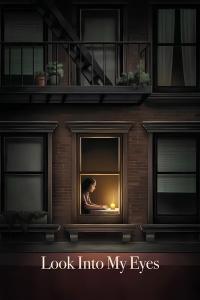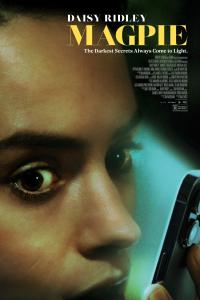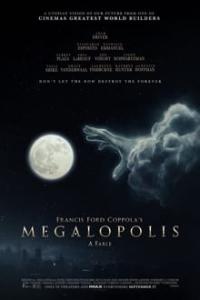Torrent details for "[dream-pop, indie-folk] (2023) Y La Bamba - Lucha [FLAC] [DarkAngie]" Log in to bookmark
Controls:
Language:
 English
EnglishTotal Size:
255.53 MB
Info Hash:
fae3daebdcfcf5e88ef5ac0c8525c0526a90e76f
Added By:
Added:
03-06-2023 15:34
Views:
341
Health:

Seeds:
2
Leechers:
0
Completed:
10
Review:
The earliest recordings that Luz Elena Mendoza Ramos made under the name Y La Bamba were stark and immediate by design. The songs on their 2008 debut Alida St. felt captured, not recorded—as if Ramos had grabbed a guitar in a rush before tuning it, balancing a laptop awkwardly on a living room chair so they could hit “record.” The songs in question, and the ecstatic way Ramos’ pleading voice wrapped around them, seemed to be the point; the recordings are just artifacts. Listening to them felt like listening in. With 2019’s Mujeres, their music began expanding in all directions. Suddenly, the music happened around you, no longer a sound in a room but the room itself, one you could wander around in. Not coincidentally, this was also when Ramos began taking over production duties. They’ve spoken candidly about struggling with impostor syndrome in the studio, but the evidence of their vision is obvious: No one else would have intuited the dimensions, layers, or shadows they find in this music except its creator. It’s rare for a project to discover its full potential 15 years onward, but that seems to be exactly what’s happened with Y La Bamba. On Lucha, Ramos worked with engineers and producers Coco Hernán Godas and Ryan Neil Oxford to shape their music into a memory palace. The samples resemble hand percussion, and the live congas sound looped. On “Dibujos,” a flute and piccolo are taffy-pulled until they mimic an analog synthesizer, while a high whine on “Collapse” emerges from either a Farfisa organ or a guitar. Their music has never quite sounded this silky, enveloping, or unreal, with familiar sounds consistently warping into unfamiliar shapes. When they invite their old companion Devendra Banhart to join on “Hues,” he sounds utterly submerged inside their world—a wide-eyed Dorothy wandering through Ramos’ self-constructed Oz. Ramos’ clarion voice, which used to emerge from their songs like a cloud of birds bursting from tree branches, is masked and treated in intriguing ways, so that they often seem to be murmuring from the corner of the mix. This style heightens the sense that Ramos’ music exists in conversation with what they have called “the echoes of my ancestors.” The Spanish lyrics to “Nunca” come from a heartrendingly simple poem written by their mother, expressing the pure desire to protect them from evil and harm. Even if you don’t speak the language, the familial warmth is unmistakable. The cover of Hank Williams’ “I’m So Lonesome I Could Cry” has a childhood-memory sense of unreality to it, with pianos and horns curling in the background like a sun-warmed Polaroid. At the center of this shifting world sits Ramos, a clear-eyed presence whose aching voice is the waveform that steers the music through all of its choppy waters. In the pleading catches of their phrasing, you can hear the music their parents loved—mariachi, corridos, rancheras, música azteca—coursing under the surface. In a recent interview, Ramos talked of their transfixion with mariachi singers when they were young, performers whose voices transmitted emotion purely and simply, as if they were pulling a row of colored scarves from their throats. Singing was a given in their family, as natural as the shift between Spanish and English that happens in Ramos’ songwriting, and in their dreams. “How can you not sing?” Ramos asked, their eyes wide and bewildered. — pitchfork.com

Track List:
01 - Eight
02 - Dibujos De Mi Alma
03 - La Lluvi De Guadalajara
04 - Collapse
05 - Hues (feat. Devendra Banhart)
06 - Nunca
07 - I'm So Lonesome I Could Cry
08 - Ceniza
09 - Damned
10 - Mas Manos
11 - Walk Along
Media Report:
Genre: dream-pop, indie-folk
Country: Portland, Oregon, USA
Format: FLAC
Format/Info: Free Lossless Audio Codec
Bit rate mode: Variable
Channel(s): 2 channels
Sampling rate: 44.1 KHz
Bit depth: 16 bits
Compression mode: Lossless
Writing library: libFLAC 1.2.1 (UTC 2007-09-17)
Note: If you like the music, support the artist















































